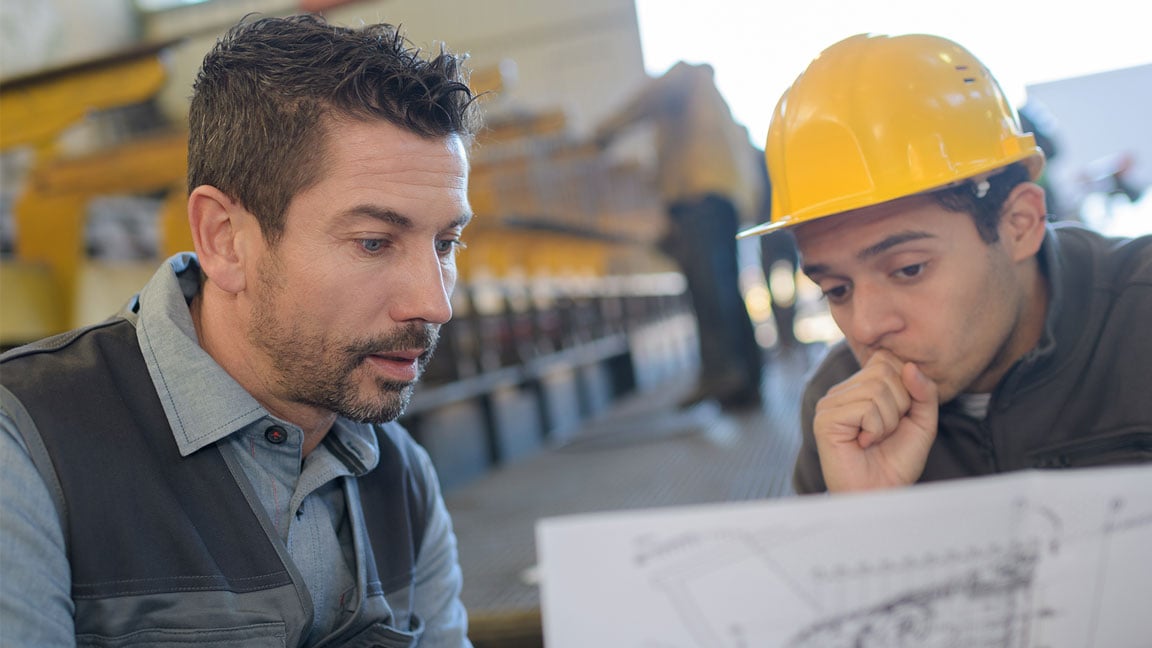The following tip is from the ISA book by Greg McMillan and Hunter Vegas titled 101 Tips for a Successful Automation Career, inspired by the ISA Mentor Program. This is Tip #5, and was written by Hunter.
This tip is really an extension of the previous “Never Lie” tip. Every engineer in the history of the world has made mistakes. In fact, the best engineers are the ones who have made LOTS of mistakes—and learned from them. As mentioned previously, pain is instructive, and a painful mistake is a wonderful way to ensure that you will not make the same mistake again. However, if you never admit it happened, not only will you fail to learn, but others will not learn either.

Concept: Every engineer screws up. It is not a question of if, but when it will happen. Do not make a bad situation worse by failing to admit it.
Details: If you screw up, admit it early and publicly. Your co-workers or clients will think much better of you for admitting your fault rather than choosing to blame others or making excuses. Unfortunately, some individuals in engineering are too proud to admit their errors, and so they play the “blame game.” Someone else is always responsible, or they make excuses to explain why the problem “really wasn’t their fault.” When a person acts this way, their colleagues catch on quickly and may either refuse to work with them or set them up to fail in a public way. Either way, the final result is always dramatically worse than if they had just admitted the mistake right up front.
Just as important as admitting your mistake is learning from it. Take time to understand what went wrong and make changes to ensure that it will never happen again. Better yet, go one step further and tell others about your mistake so they can avoid it themselves.
Watch-Outs: Be wary of co-workers and bosses who try to blame YOU for their mistakes. You will learn to spot them quickly. In such a situation, protect yourself with e-mails and paper trails.
Exceptions: As odd as it may seem, you can be TOO quick to admit a mistake. In the heat of a start-up (for example), a client can jump to conclusions and decide something is “wrong” when it really is correct. When a problem comes up, before you acknowledge that you made a mistake, take a moment to investigate it and determine whether there really is a problem. Then, if you have made an error, admit it and move on.
Insight: You will be amazed how a quick admission of error can defuse a potentially bad scene. When a client or co-worker discovers a problem, it may be tempting to deny or minimize the problem or push it off on someone else. However, the best response is to immediately acknowledge the problem, admit the mistake, and start working toward a solution. Even if the problem is NOT your fault, avoid the witch hunt and seek to resolve the problem first. Once the crisis is over, you can determine what went wrong, and everyone involved can learn from the error.
Rule of Thumb: When (not if) you screw up, admit it and move on. Admit your mistake and set about correcting it. You never actually fail until you give up.
About the Author
Gregory K. McMillan, CAP, is a retired Senior Fellow from Solutia/Monsanto where he worked in engineering technology on process control improvement. Greg was also an affiliate professor for Washington University in Saint Louis. Greg is an ISA Fellow and received the ISA Kermit Fischer Environmental Award for pH control in 1991, the Control magazine Engineer of the Year award for the process industry in 1994, was inducted into the Control magazine Process Automation Hall of Fame in 2001, was honored by InTech magazine in 2003 as one of the most influential innovators in automation, and received the ISA Life Achievement Award in 2010. Greg is the author of numerous books on process control, including Advances in Reactor Measurement and Control and Essentials of Modern Measurements and Final Elements in the Process Industry. Greg has been the monthly "Control Talk" columnist for Control magazine since 2002. Presently, Greg is a part time modeling and control consultant in Technology for Process Simulation for Emerson Automation Solutions specializing in the use of the virtual plant for exploring new opportunities. He spends most of his time writing, teaching and leading the ISA Mentor Program he founded in 2011.
Hunter Vegas, P.E., holds a B.S.E.E. degree from Tulane University and an M.B.A. from Wake Forest University. His job titles have included instrument engineer, production engineer, instrumentation group leader, principal automation engineer, and unit production manager. In 2001, he joined Avid Solutions, Inc., as an engineering manager and lead project engineer, where he works today. Hunter has executed nearly 2,000 instrumentation and control projects over his career, with budgets ranging from a few thousand to millions of dollars. He is proficient in field instrumentation sizing and selection, safety interlock design, electrical design, advanced control strategy, and numerous control system hardware and software platforms.




